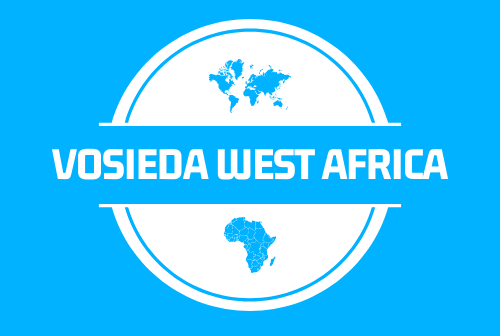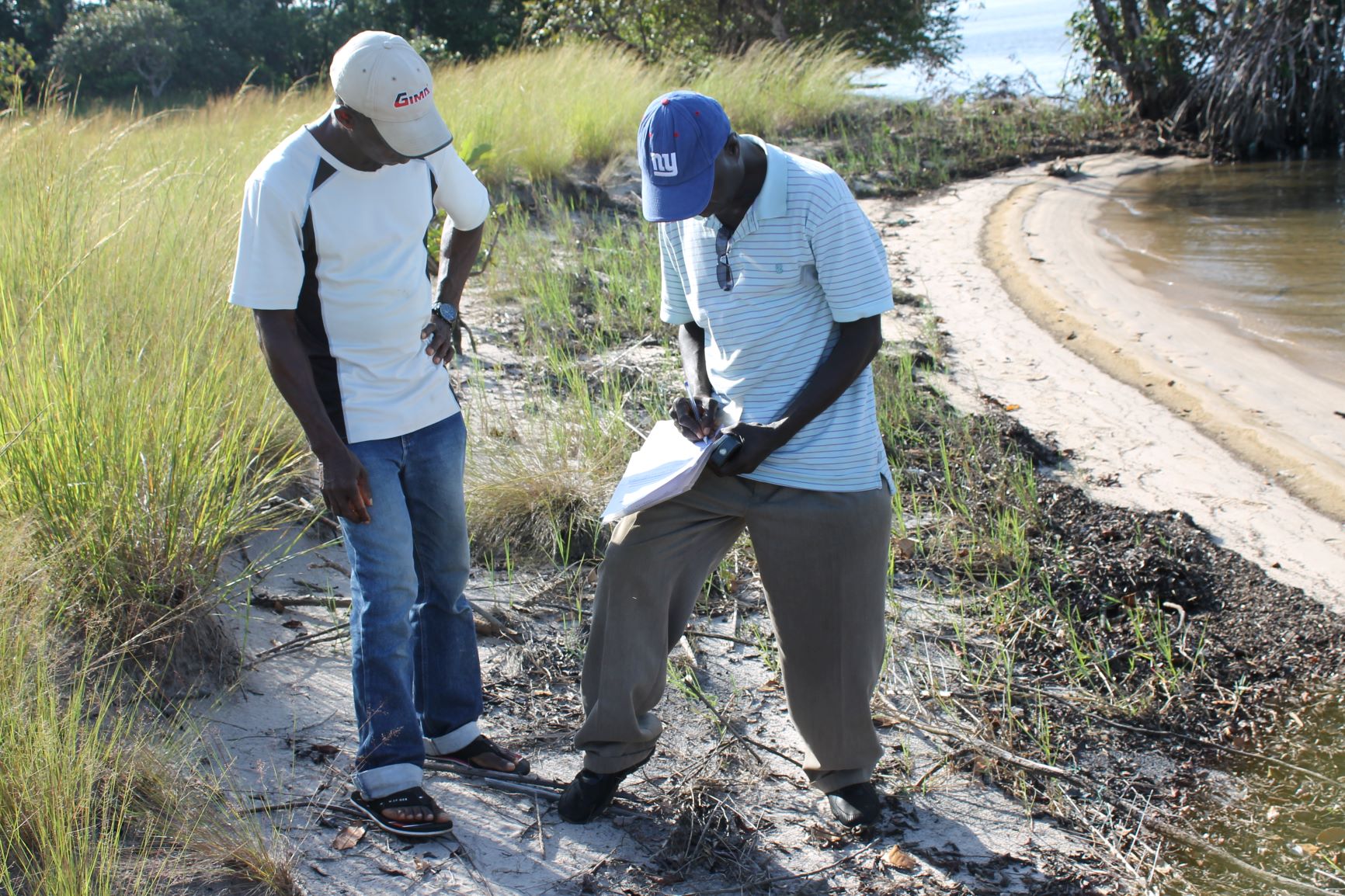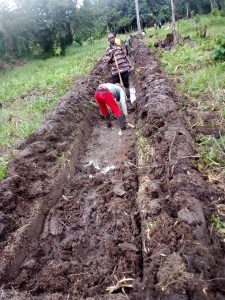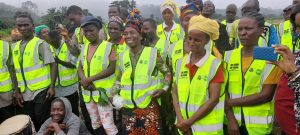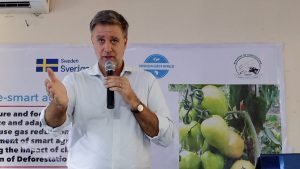What is the context in Liberia?
The coastline of Liberia covers about 560 km (350 miles) hosting 58% of the country’s population. Annually, this coastline produces about 7,616 metric tonnes of fish and about 126 metric tonnes of molluscs and crustaceans (UNFAO). Nevertheless, Liberia’s coastal zones and coastal ecosystems are extremely vulnerable to impacts of climate change including rising sea levels, intensifying storm surge, extreme precipitation, coastal flooding, etc. In addition, the coastal marine ecosystems are also subjected to all kinds of misuse such as beach erosion due to sand mining, oil pollution, solid and sewage wastes dumps, mangrove degradation, human settlement and the discharge of run-off from agricultural activities, etc.
Consequently, communities in coastal Liberia are now experiencing numerous climate-related disasters including flood, erratic rainfall, intensive tropical storm, shifts in temperature, reduced soil moisture, heat waves, flooding, coastal or sea erosion, etc. The impacts and losses caused by these occurrences are soaring due to poverty and weak institutional capacities, making communities very vulnerable, with little ability to prepare for, cope with or recuperate from these natural episodes.
What are the specific challenges that need to be addressed?

In order to adapt coastal livelihoods and agricultural system to climate change scenario in ways that minimize losses and take advantage of the opportunities presented – referred to as adaptation, effective coastal ecosystem-based adaptation and climate resilient agriculture practices must be tested, analyzed and out scaled in Liberia.
How VOSIEDA tickling the issue climate change in Liberia?
In response, VOSIEDA is partnering with United Nations Development Program (UNDP) and the Environment Protection Authority (EPA) to conduct climate change vulnerability and climate risk assessments on key sectors including agriculture and coastal ecosystem, and developing pilot sites for demonstration of agriculture resilience and coastal system-based adaptations practices.
Our objectives are:

- To enable local farming and coastal communities to develop the knowledge base and capacity required to adapt and safeguard their agricultural systems and livelihoods as well as protect/enhance coastal ecosystem and communities.
- To empower Liberian national policy makers in facilitating integration of climate change adaptation into national development planning processes. The main project goal is to support Liberia put in place a National Adaptation Planning process that would contribute to and build upon existing development planning strategies at the same time be able to implement priority adaptation actions.
This initiative is part of a two-year project funded by the Green Climate Fund (GCF) and managed by the United Nations Development Programme (UNDP) and partners including the Environmental Protection Agency.
What are the results to date?

- VOSIEDA’s team has undertaken desk review, context assessment and stakeholder’s consultations of
relevant existing climate risks and impacts on coastal communities and ecosystems in Liberia. - Developed pilot three site project-base on the findings from the study and consultation with stakeholders.
- The pilot site would fit within and be complementary to the overall NAP output (Expansion of the knowledge base for scaling up adaptation).
- Based on the findings from the study and demonstration or pilot site, our team is analyzing the possibilities for up-scaling the pilot model to other coastal areas in Liberia as mechanisms to support climate change adaptation in coastal areas.
Do you need additional information? Please meet our expert.
Programme Coordinator
Food Security & Livelihoods Enhancement
